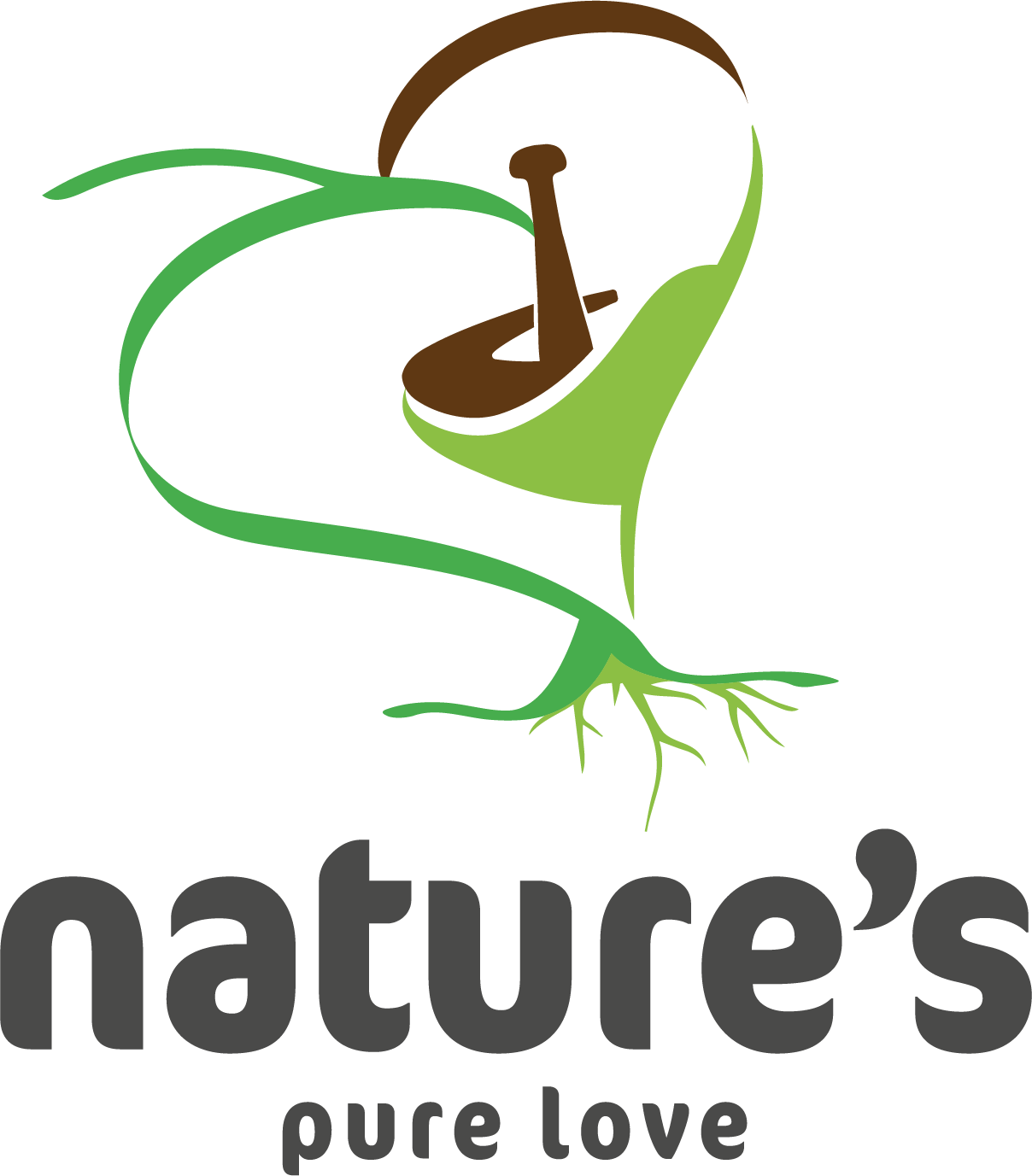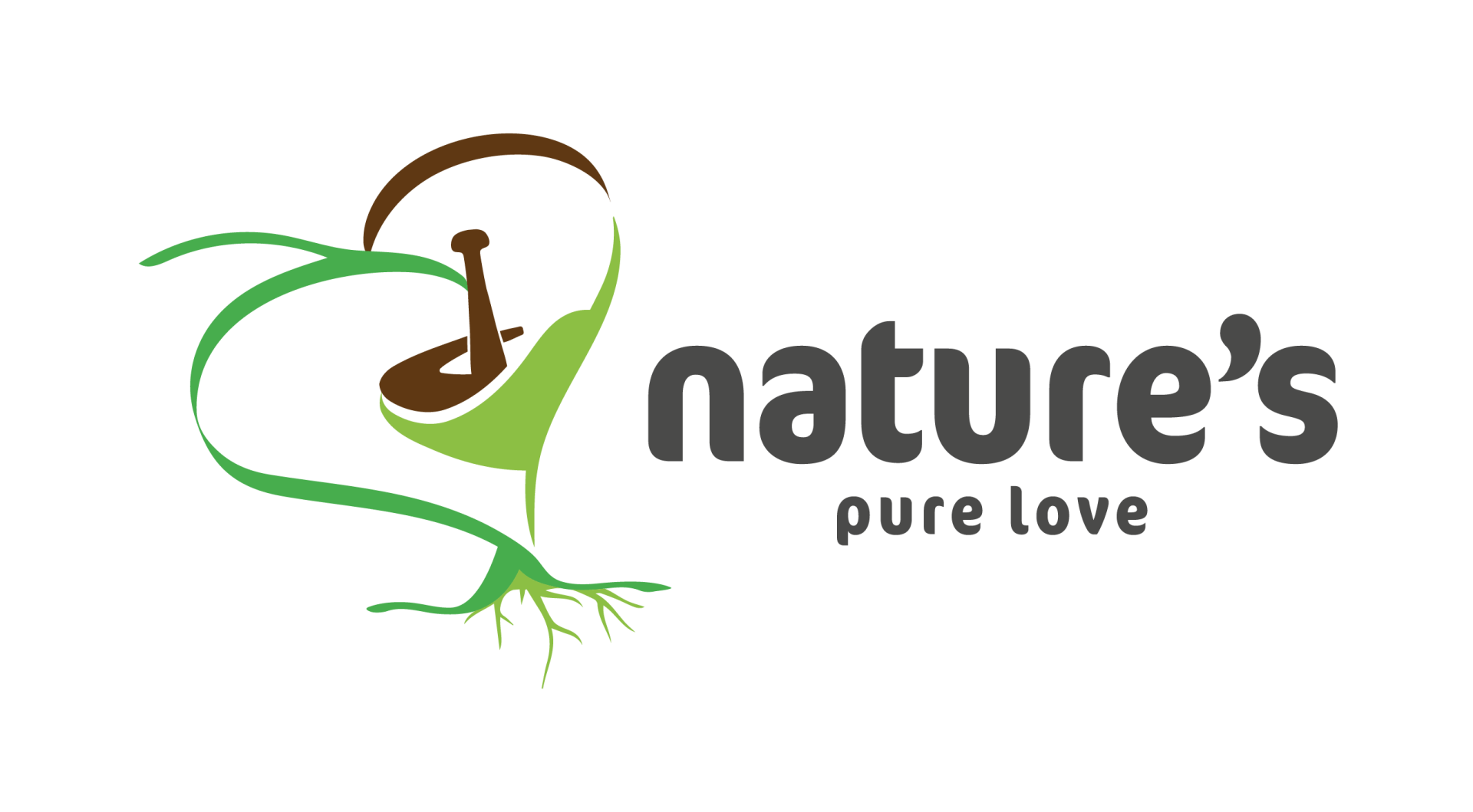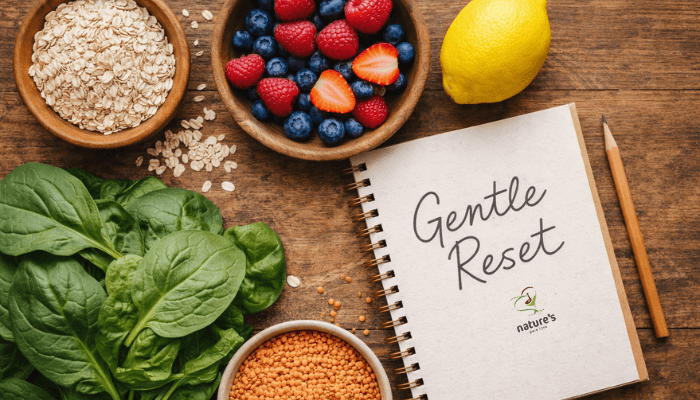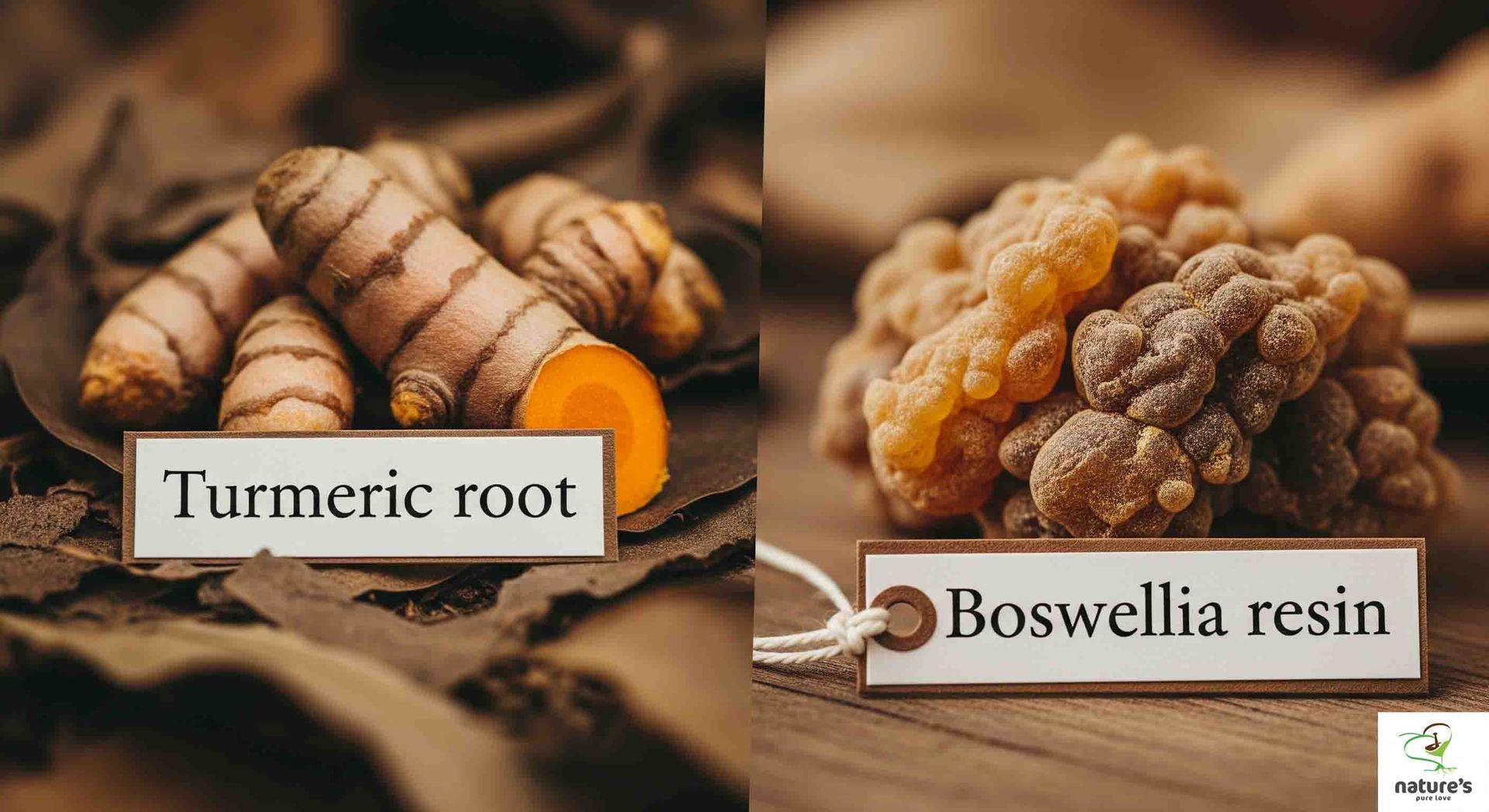Natural Ways to Thrive During Winter
Natural Ways to Thrive During Winter

Winter is a time when the body and mind can feel particularly challenged. Shorter days, colder temperatures, and reduced sunlight can all contribute to feelings of fatigue, low mood, and even seasonal affective disorder (SAD). However, by adopting a holistic health approach, you can naturally thrive during this season. This guide will walk you through strategies for detoxification, immune system enhancement, mental and emotional wellness, sustainable lifestyle habits, and long-term vitality.
Introduction
Holistic health focuses on treating the whole person—body, mind, and spirit—rather than just addressing individual symptoms. According to the National Institutes of Health (NIH) , integrative medicine combines conventional treatments with complementary therapies to promote overall well-being [1]. In winter, when environmental factors like indoor air quality and limited sunlight come into play, embracing holistic practices becomes even more critical.
This article explores natural ways to boost your health during the colder months, drawing from credible sources such as the NIH, Environmental Protection Agency (EPA), Centers for Disease Control and Prevention (CDC), and World Health Organization (WHO). Let’s dive in!
Understanding Holistic Health in Winter
Indoor Air Quality
During winter, people spend more time indoors, where pollutants like mold, dust mites, and volatile organic compounds (VOCs) can accumulate. The Environmental Protection Agency (EPA) highlights that poor indoor air quality (IAQ) can lead to respiratory issues, headaches, and fatigue [2]. To combat this, consider using air purifiers, houseplants, and ensuring proper ventilation.
Seasonal Affective Disorder (SAD)
Reduced exposure to sunlight during winter months can disrupt circadian rhythms and decrease serotonin levels, leading to SAD. Research published on PubMed suggests that vitamin D deficiency may exacerbate these effects [3]. Supplementing with vitamin D or increasing outdoor activity during daylight hours can help mitigate symptoms.
1. Natural Detoxification Strategies
Detoxifying the body supports its ability to eliminate toxins and maintain optimal function. Here are some effective strategies:
Morning Cleansing Ritual
Start your day with simple yet powerful routines:
- Warm Lemon Water : Drinking warm lemon water first thing in the morning stimulates digestion and aids hydration. Studies referenced on PubMed show it may also support liver function [4].
- Oil Pulling : Swishing coconut oil around your mouth for 10–15 minutes can reduce oral bacteria and improve gum health.
- Dry Brushing : Gently brushing your skin before showering boosts circulation and removes dead skin cells.
- Deep Breathing : Practicing deep breathing exercises increases oxygen flow, which helps cleanse the lungs and reduce stress.
Liver Support Protocol
The liver plays a vital role in detoxification. Incorporate foods and supplements known to support liver health:
- Milk Thistle : Contains silymarin, an antioxidant that protects liver cells.
- Dandelion Root : Stimulates bile production, aiding digestion and toxin elimination.
- Turmeric (Curcumin) : Reduces inflammation and enhances liver function.
- Bitter Greens : Kale, arugula, and dandelion greens stimulate liver enzymes responsible for detoxification.
For further reading, explore research available on the National Center for Complementary and Integrative Health (NCCIH) website [5].
Cleansing Foods to Include
Your diet should prioritize nutrient-dense foods that support detoxification:
- Cruciferous Vegetables : Broccoli, cauliflower, and Brussels sprouts contain glucosinolates, which aid in detox pathways.
- Herbs and Spices : Garlic, ginger, and cayenne pepper enhance metabolic processes.
- Beetroot : Rich in nitrates, beetroot improves blood flow and liver function.
- Fermented Foods : Sauerkraut, kimchi, and kefir introduce beneficial probiotics to the gut microbiome.
Refer to the USDA’s FoodData Central database for detailed nutritional profiles of these foods [6].
2. Immune System Enhancement
Boosting your immune system is crucial during flu season. Follow these tips to stay healthy:
Natural Immune Boosters
Certain foods and herbs have been shown to strengthen immunity:
- Elderberry : Known for its antiviral properties, elderberry reduces the duration and severity of colds and flu.
- Raw Honey : Packed with antioxidants and antibacterial compounds, raw honey soothes sore throats and supports healing.
- Medicinal Mushrooms : Reishi, shiitake, and turkey tail mushrooms contain polysaccharides that modulate immune responses.
- Zinc : Found in pumpkin seeds, nuts, and legumes, zinc accelerates wound healing and fights infections.
Explore relevant studies via PubMed , which provides evidence-based insights into these natural remedies [7].
Herbal Immune Support
Herbal supplements offer additional benefits:
- Echinacea : Stimulates white blood cell production, enhancing immune response.
- Astragalus Root : Traditionally used in Chinese medicine, astragalus strengthens the immune system and combats fatigue.
- Oregano Oil : High in carvacrol, oregano oil has potent antimicrobial properties.
- Garlic : Allicin in garlic acts as a natural antibiotic and immune booster.
Movement for Immunity
Physical activity plays a key role in maintaining a robust immune system. Regular exercise increases antibody production and improves circulation. Refer to PubMed Central (PMC) for articles linking moderate exercise to enhanced immune function [8].
3. Mental and Emotional Wellness
Caring for mental health is essential, especially during winter when SAD affects many individuals.
Light Therapy for Seasonal Blues
Light therapy boxes mimic natural sunlight and regulate melatonin production, alleviating symptoms of SAD. The National Institute of Mental Health (NIMH) endorses light therapy as an effective treatment option.
Mindfulness and Relaxation
Mindfulness practices calm the nervous system and reduce cortisol levels:
- Meditation : Just 10 minutes daily can lower anxiety and improve focus.
- Breathwork : Techniques like box breathing or alternate nostril breathing balance energy levels.
- Journaling : Writing down thoughts and emotions fosters self-awareness and emotional processing.
Emotional Support Techniques
Emotional Freedom Technique (EFT), also known as tapping, relieves stress and promotes emotional balance. Visit The Tapping Solution Foundation for tutorials and success stories.
4. Sustainable Lifestyle Habits
Adopting sustainable habits ensures lasting wellness throughout the year.
Sleep Optimization
Quality sleep is foundational to good health. The National Sleep Foundation recommends establishing consistent bedtime routines, avoiding screens before bed, and creating a comfortable sleeping environment
Movement Integration
Regular movement not only keeps you physically fit but also elevates mood and energy levels. The American Heart Association advises aiming for at least 150 minutes of moderate-intensity aerobic activity per week
Nutrition for Winter
Fuel your body with warming, nutrient-rich foods:
- Root Vegetables : Carrots, sweet potatoes, and parsnips provide complex carbohydrates and vitamins.
- Spices : Cinnamon, turmeric, and cloves add flavor while offering anti-inflammatory benefits.
- Bone Broth : Loaded with collagen and minerals, bone broth nourishes joints and supports gut health.
- Seasonal Greens : Kale, Swiss chard, and spinach deliver essential nutrients like iron and magnesium.
Refer to the USDA’s FoodData Center for comprehensive nutrition data
5. Long-Term Vitality Strategy
Building resilience requires consistent effort across multiple dimensions of health.
Community and Connection
Social connections significantly impact mental and physical health. The World Health Organization (WHO) emphasizes the importance of social determinants of health, including relationships and community involvement
Preventive Health Practices
Prevention is better than cure. Stay proactive by scheduling regular check-ups, practicing good hygiene, and staying up-to-date with vaccinations. The Centers for Disease Control and Prevention (CDC) offers guidelines for preventive care
February Self-Care Challenge: Week-by-Week Guide
To make holistic health actionable, here’s a four-week challenge designed to incorporate the strategies discussed above:
Week 1: Cleanse Your Body
Focus on detoxifying your system:
- Begin each morning with warm lemon water.
- Integrate cleansing foods like cruciferous vegetables and fermented products into meals.
- Try dry brushing or oil pulling once daily.
Week 2: Strengthen Your Immunity
Prioritize immune-boosting activities:
- Consume elderberry syrup or herbal teas rich in echinacea.
- Engage in light exercise, such as yoga or walking, three times a week.
- Take time for mindfulness practice, whether meditation or journaling.
Week 3: Nurture Your Mind
Address mental and emotional needs:
- Use a light therapy box if affected by SAD.
- Practice EFT tapping for stress relief.
- Connect with friends or join a local group to foster meaningful interactions.
Week 4: Sustain Healthy Habits
Solidify new behaviors for long-term success:
- Optimize sleep hygiene by setting boundaries around screen use before bed.
- Continue incorporating movement into your daily routine.
- Reflect on progress and set intentions for ongoing growth.
Conclusion
Thriving during winter involves nurturing every aspect of your being. By following the principles outlined in this guide, you can cultivate resilience and vitality despite seasonal challenges. Remember, holistic health is about balance and consistency. As noted by the World Health Organization (WHO) , prioritizing self-care contributes to both personal and global well-being.
While this guide provides valuable information, always consult healthcare professionals before making significant changes to your regimen. For those seeking professional guidance, Nature's Pure Love offers tailored programs, including the 30-Day Gut & Immune Restore Detox and 3-Month Diabetes Reversal Plan , designed to address chronic conditions holistically.
References
[1] National Institutes of Health (NIH): Overview of Integrative Medicine
https://www.nccih.nih.gov/health/integrative-medicine
[2] Environmental Protection Agency (EPA): Indoor Air Quality (IAQ)
https://www.epa.gov/indoor-air-quality-iaq
[3] PubMed: Vitamin D and Seasonal Affective Disorder
https://pubmed.ncbi.nlm.nih.gov/ (Search terms: Vitamin D, Seasonal Affective Disorder)
[4] PubMed: Benefits of Warm Lemon Water
https://pubmed.ncbi.nlm.nih.gov/ (Search terms: Lemon water, liver health)
[5] National Center for Complementary and Integrative Health (NCCIH): Detoxification Research
https://www.nccih.nih.gov/
[6] USDA FoodData Central: Nutrient Information
https://fdc.nal.usda.gov/
[7] PubMed: Elderberry, Raw Honey, Medicinal Mushrooms, Zinc
https://pubmed.ncbi.nlm.nih.gov/ (Search terms: Elderberry, Zinc, etc.)
[8] PubMed Central (PMC): Exercise and Immune Function
https://www.ncbi.nlm.nih.gov/pmc/ (Search terms: Exercise, immune system)
Medical Disclaimer
This blog post is intended for informational purposes only and should not replace professional medical advice. Always consult a qualified healthcare provider before starting any new supplement, diet, or exercise program.
Frequently Asked Questions (FAQ)
1. Why is holistic health important during winter?
Holistic health addresses the body, mind, and spirit, helping you combat winter-related challenges such as fatigue, seasonal affective disorder (SAD), and weakened immunity.
By integrating natural remedies, detoxification, and mindfulness practices, you can maintain overall well-being during colder months.
2. How can I naturally boost my immune system in winter?
To enhance your immunity, focus on nutrient-rich foods such as elderberry, raw honey, medicinal mushrooms, and zinc-rich seeds.
Herbal supplements like echinacea, astragalus root, and oregano oil can also provide additional immune support. Regular exercise and proper hydration further strengthen immune function.
3. What are some effective ways to combat Seasonal Affective Disorder (SAD)?
SAD can be alleviated by increasing exposure to natural light, using a light therapy box, and supplementing with vitamin D.
Practicing mindfulness, journaling, and engaging in stress-reducing activities like meditation and breathwork can also help balance mood.
4. What are the benefits of detoxifying in winter?
Winter detoxification helps remove toxins that accumulate due to reduced physical activity, heavier comfort foods, and indoor air pollutants.
Morning cleansing rituals like warm lemon water, oil pulling, and dry brushing support digestion and enhance overall vitality.
5. What foods should I eat to stay healthy in winter?
Prioritise warming, anti-inflammatory foods such as root vegetables, bone broth, spices like turmeric and cinnamon, and fermented foods for gut health.
Bitter greens, cruciferous vegetables, and herbal teas also aid detoxification and immunity.
6. What are some simple habits to optimise sleep during winter?
For better sleep, maintain a consistent bedtime, limit screen time before bed, and create a restful environment with blackout curtains and aromatherapy.
Drinking calming herbal teas and practicing relaxation techniques can also support deep sleep.











